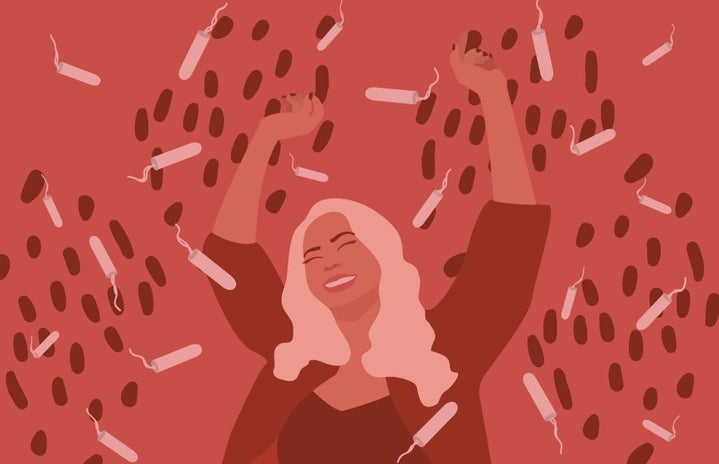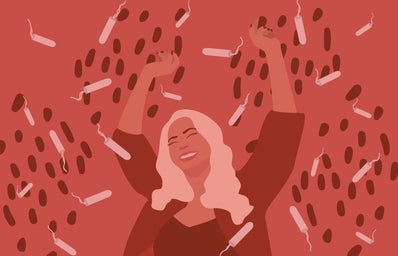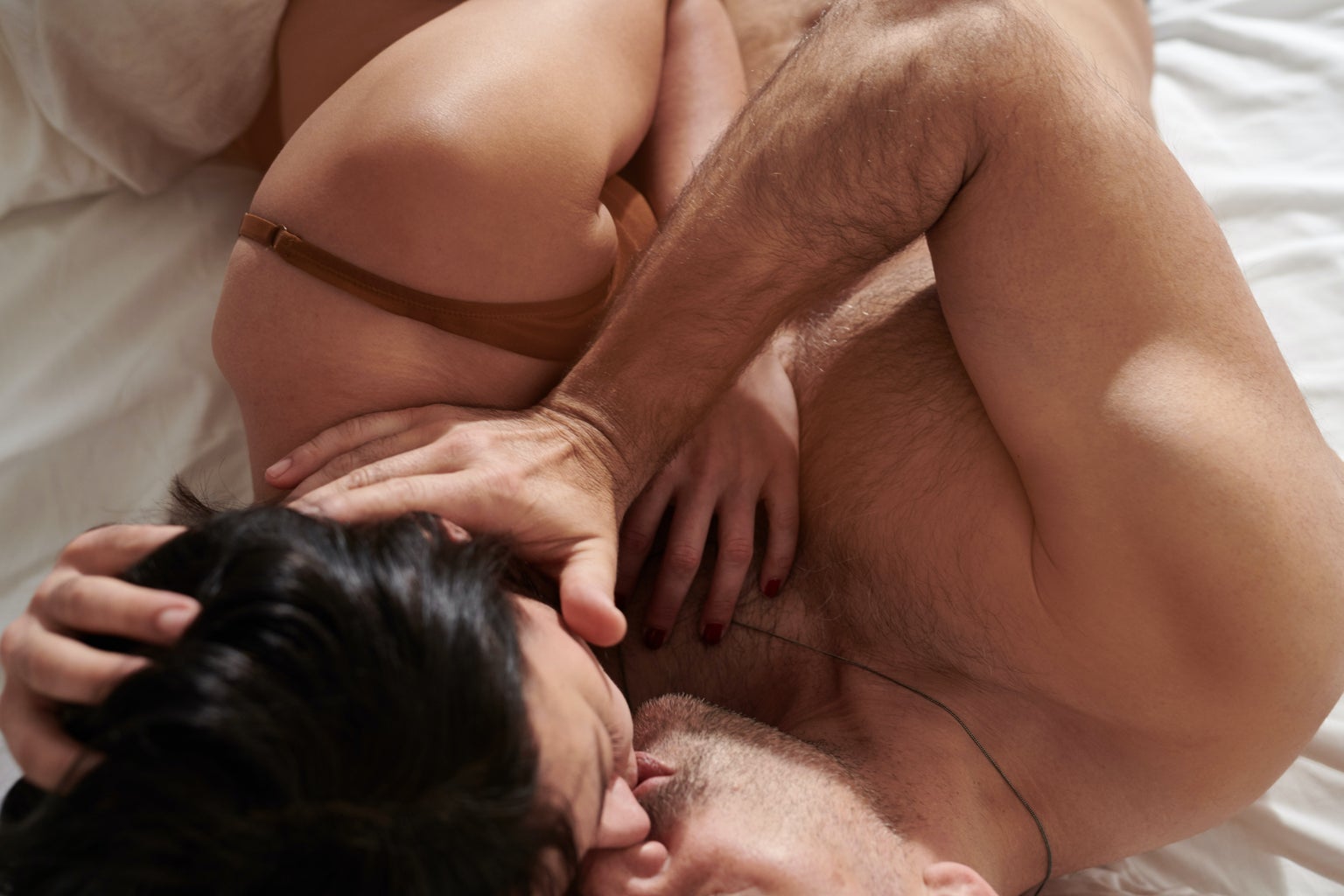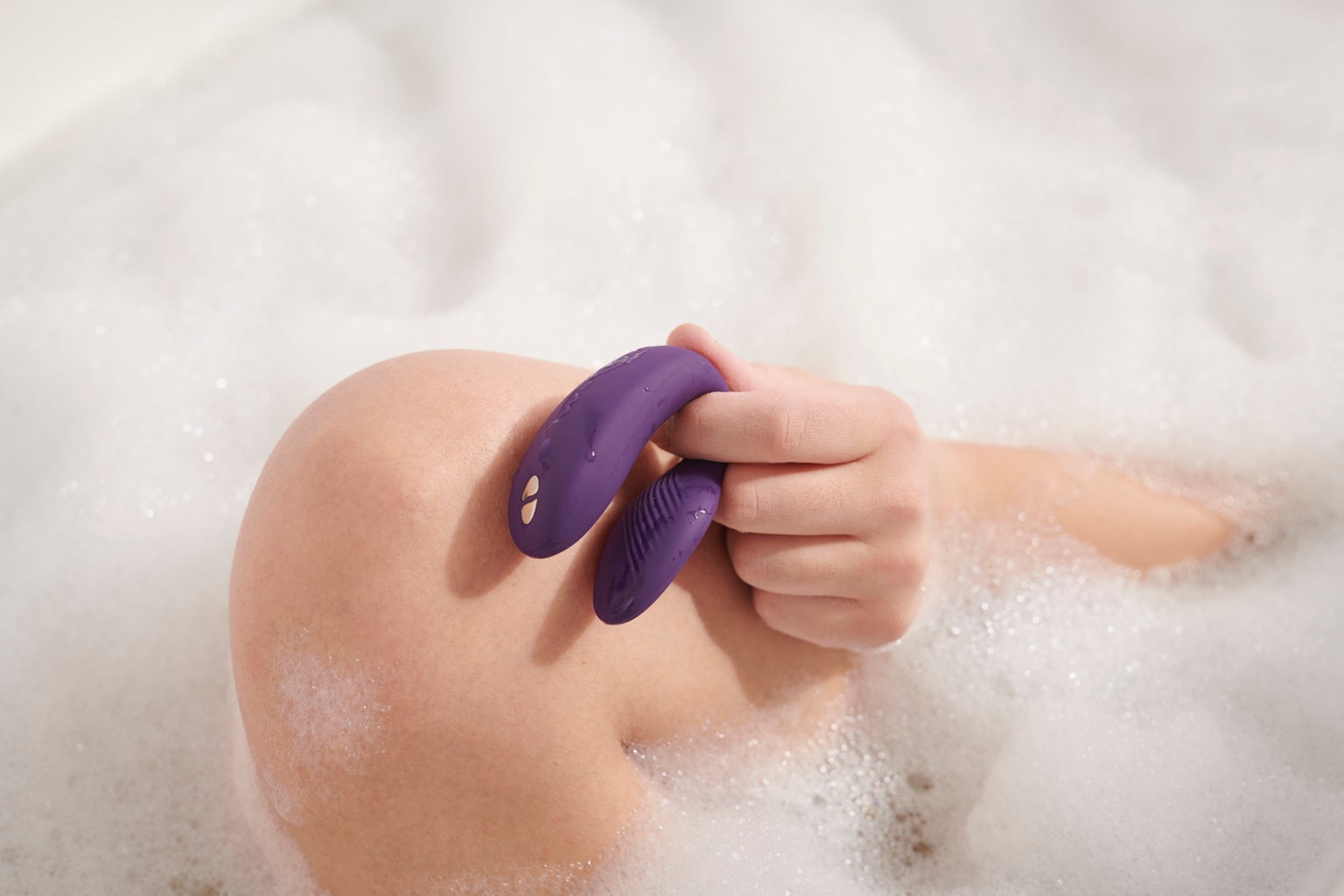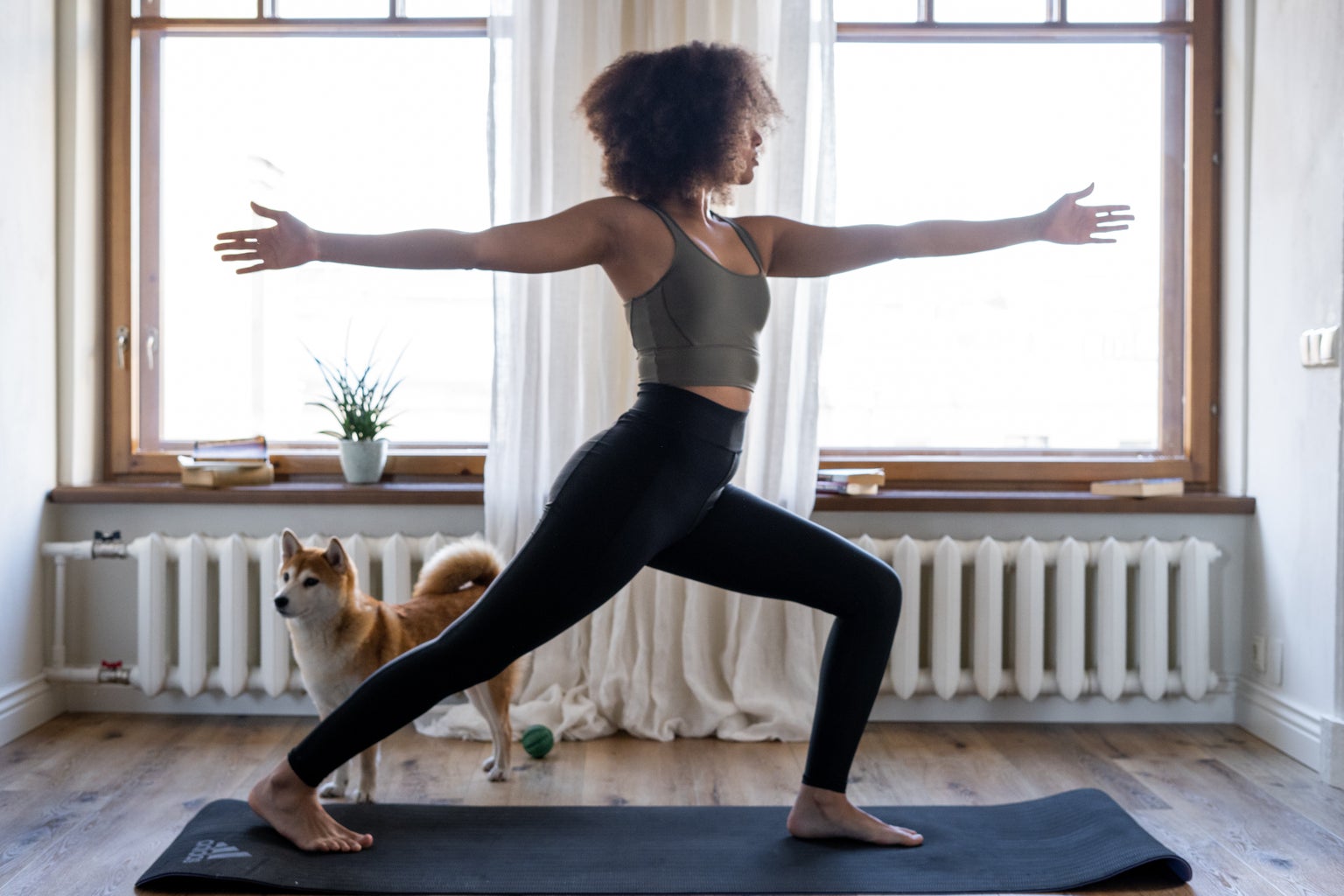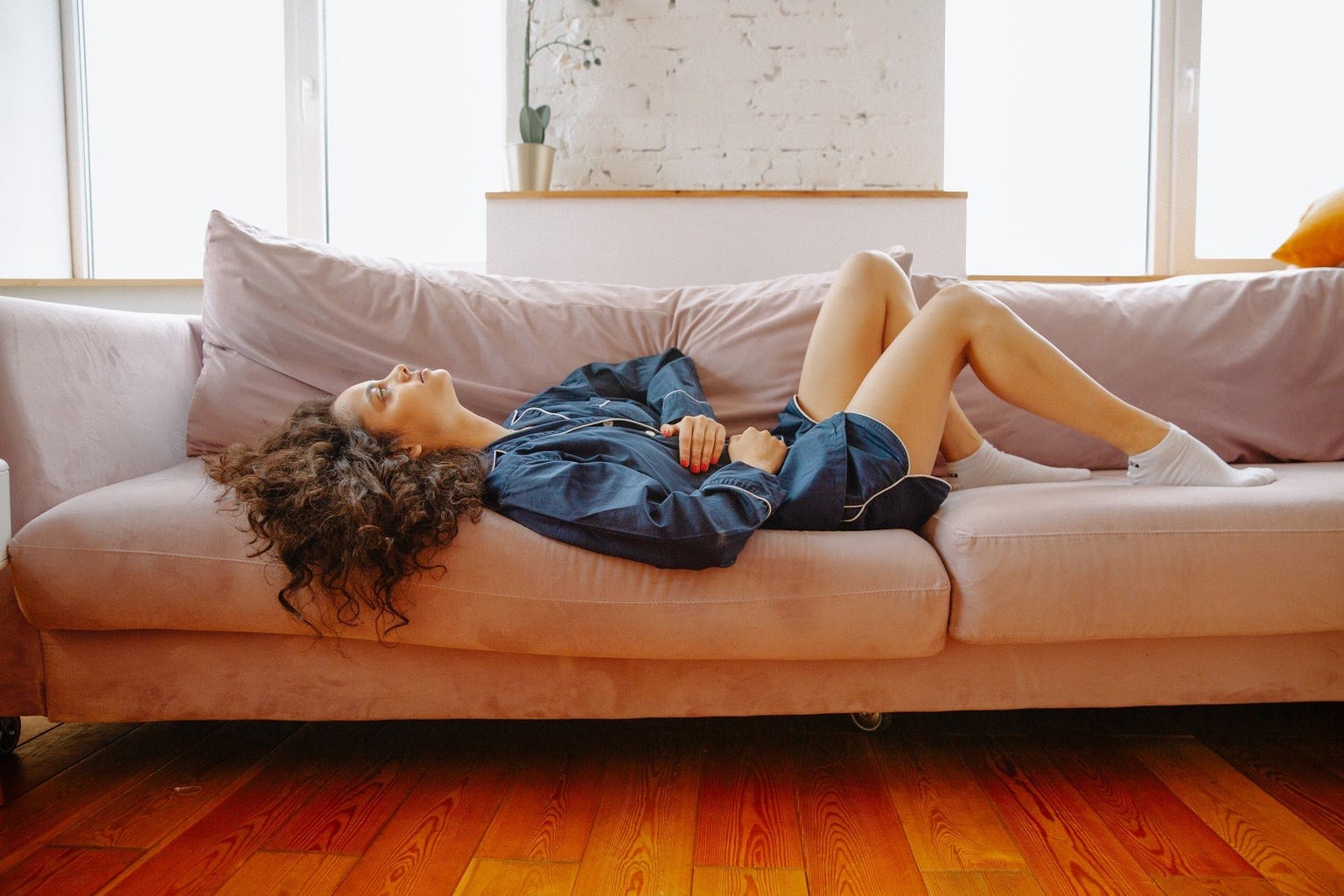Sometimes I just want to rip my uterus apart. Other times, I just pop in a couple once-per-month Tylenol pills because I don’t want to feel anything and, quite frankly, my period is NOT going to stop me from moving forward as I navigate my everyday life.
But then I get scared of the potential long term health effects that my over-the-counter drug ingestion may cause. And so, I start calculating how many period-related medications are projected to travel across my bloodstream in a year if the consumption remains constant.
I know, swallowing two monthly tablets in a day is not going to severely damage my liver or cause an acetaminophen overdose. I’m exaggerating a little, but that’s just how I usually overreact in my mind. Listen, I just want to have a great quality of life when I get older, so I might as well just start to take care of my health early on.
Thankfully, if you’re like me, and avoid taking in unnecessary pills when that time of the month slowly attempts to destroy your internal peace, I’ve got good news for you. There are options to beat the cramps without having to play doctor at the Walgreen’s period aisle.
However, there is no shame in visiting your primary care physician to deal with Shark Week in a better way, even if that means leaning towards pharmaceutical options. It’s important to recognize that not everyone has the same tolerance for pain and that, for people with menstrual disorders, getting help from a medical professional is not necessarily a choice.
With that being said, here are five science-backed alternatives to stop those evil menstrual cramps from ruining your days.
1. More Sex, Less Pain
I used to think that women couldn’t have sex during their period, and the slight idea of just thinking about it seemed scary. Leaving the mess aside, which can be easily prevented with menstrual disks, shower sexy time and leak proof blankets, period sex is one of the best ways to deal with the effects of the invisible hand that squeezes your uterus month by month.
But how is it possible to reduce pain by simply having sex? Let’s go back to the basics. When prostaglandins, a group of hormone-like substances, are released, the uterine muscles contract, helping the uterus to shed its lining and triggering the occurrence of menstrual cramps.
During sexual intercourse, orgasms can have the ability to contract and relax the uterine muscles as well. In turn, this reduces the pain associated with menstrual cramps. After an orgasm, particular hormones, called endorphins and known as the feel-good chemicals, are released. These chemical substances are in charge of activating opioid receptors, which help regulate pain.
Besides their ability to reduce the effects of menstrual cramps, post-orgasm endorphin release is thought to be a key player in alleviating headaches, according to a study published by the peer-reviewed journal Cephalgia.
Some women report experiencing increased sexual motivation during that time of the month; however, studies have shown a lack of consensus in the general understanding of women’s sexual motivation via cycle phase. Keep in mind, too, that having sexual intercourse during your period may increase your risk for sexually transmitted infections (STIs). A condom a day keeps the doctor away, though. Safe sex always, my dears.
Other women, on the other hand, choose to refrain from coitus during menses for religious or personal reasons, and that’s okay as well. From a scientific point of view, however, extra naturally-produced lube, less cramps and reduced stress are some of the benefits. Therefore, if you have the chance to bless your bloody days with some period sex, don’t waste it, sis. Thank me later.
2. Menstrubation: It’s a Thing
You know what they say, desperate times call for desperate measures. I’m kidding, there’s nothing desperate about solo pleasure. In fact, I can’t think of a healthier and sexier way to get those feel-good hormones without being at risk of pregnancy, STIs or possibly worse, disappointment.
Menstrubation, a clinical study privately-funded by sexual and reproductive wellness companies Womanizer and Lunette, sought to determine whether period sex symptoms could be alleviated by masturbation.
The results showed that menstrubation, a concept that combines menstruation with masturbation, was reported to be effective at reducing period-associated symptoms. Specifically, cramps, diarrhea, bloating and other symptoms improved in 42% of the 486 participants, who masturbated for a course of three months. Furthermore, 90% of the people who menstruate reported that they would recommend masturbation to a friend as a way to combat period pains.
Still doubting it? Give it a try. Think about it: relieved pain, mood boost, better sleep and a potentially shortened period length. A little pleasure never hurt anybody.
3. Bloody or not, Work It Out!
We get it. Exercise is marketed as the go-to solution for most, if not all, of our health problems. But, technically, it could be true, at least for people who menstruate. According to a global survey of 14,000 active women, conducted by FitRWomen and St Mary’s University, nearly 80% of the athletes reported that exercise reduced period-related symptoms. However, the majority of the women also self-reported a worse athletic performance during their periods.
Although the study was not published in a peer-reviewed journal and was led by physiologist and FitRWomen co-creator Dr. Georgie Bruinvels, it may shed light on the extent to which physical activity influences period pain. Additionally, other researchers have found that physically active women experience the effects of premenstrual syndrome (PMS) to a lesser degree.
Likewise, according to OB/GYN JoAnn V. Pinkerton, the exercise-associated increase in blood circulation reduces cramps. Exercise, like sex, stimulates the release of endorphins. Despite the fact that evidence strongly suggests that exercise is beneficial for cardiovascular health, the possible association between physical activity and periods remains an open frontier for study.
4. The Hotter, the Better
Time to spice things up and sweat a little. That’s what the data suggest. In a systematic review, published in Scientific Reports, researchers concluded that heat therapy leads to a decrease in primary dysmenorrhea, which refers to painful cramps experienced during menstruation.
When superficial heat, which comes in many forms such as towels, bottles or hot water bags, is applied locally, it reduces muscle tension. Subsequently, the muscle walls become relaxed and the menstrual cramps decrease. Furthermore, heat therapy increases blood flow, reducing swelling and congestion.
Now, you can stay cozy, warm and comfy during your bloody journey. Trust me, Auntie Flow will get better as long as you stick with a cute heat pad placed right on top of your belly.
5. Get Those Chocolate Chip Cookies
You read that just about right. Dr. Jen Gunter, a bad-ass OB/GYN who authored a written masterpiece, The Vagina Bible, recommends what my inner child would have dreamed to hear from a doctor: eating chocolate chip cookies as a coping mechanism for pain.
According to my favorite reproductive health specialist, there aren’t any studies that establish a correlation between chocolate consumption and period cramp relief. However, the women’s health advocate explained that a Physiology & Behavior study, which was not focused specifically on period pain, showed promising results for all the sweet tooths, like me, out there.
Researchers found that ingesting sweet and palatable foods, such as chocolate chips, improved generalized pain tolerance for women. Who knows? Maybe you won’t have to say goodbye to your chocolate cravings.
I’m not an expert, but I do try to listen to whatever science has to say about improving my life. Everyone’s bodies are different. Thankfully, we have each other to support the choices we make in favor of our bodies. Choosing to have sex, mensturbate, work out, turn up the heat or binge-eat chocolate chip cookies while the code red is on, are all up to you. Just know that if the road gets tougher, you can always contact your health care provider to decide what’s best for yourself.
